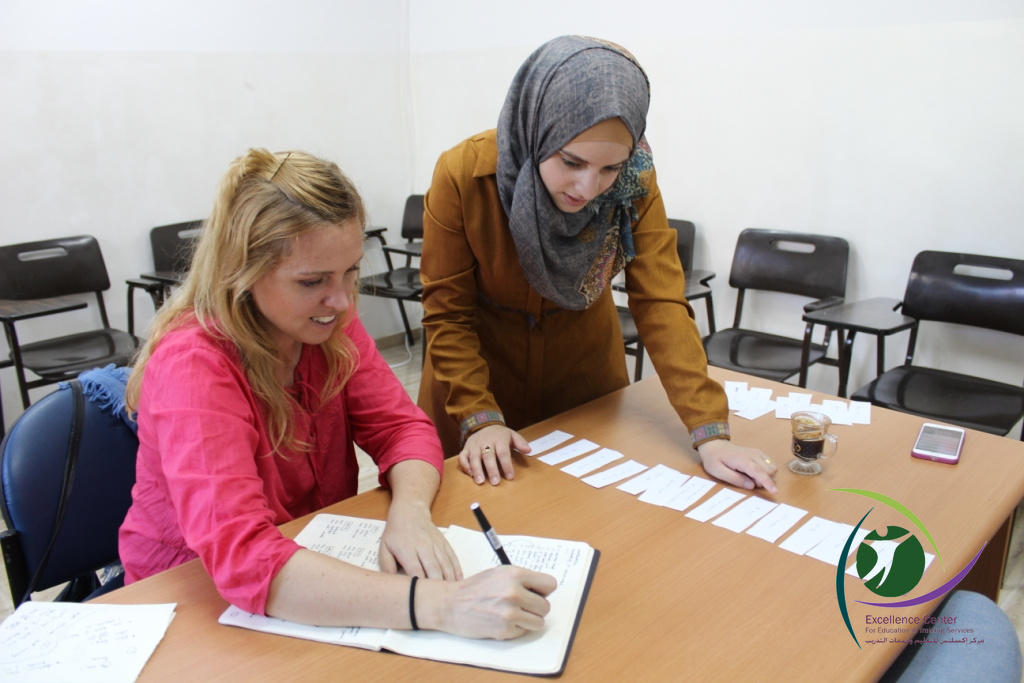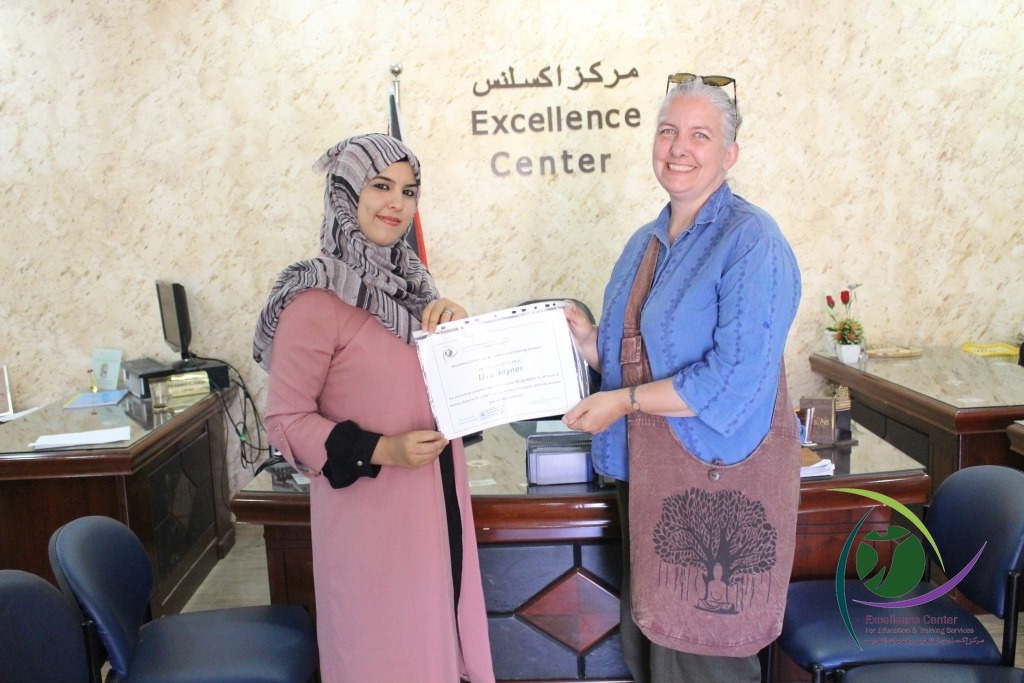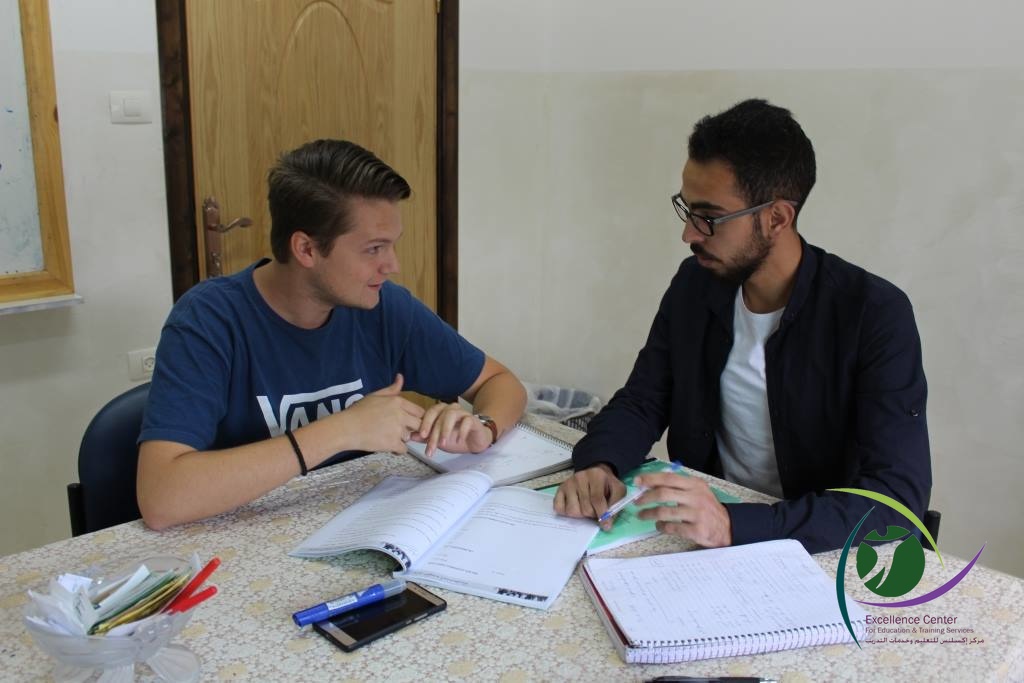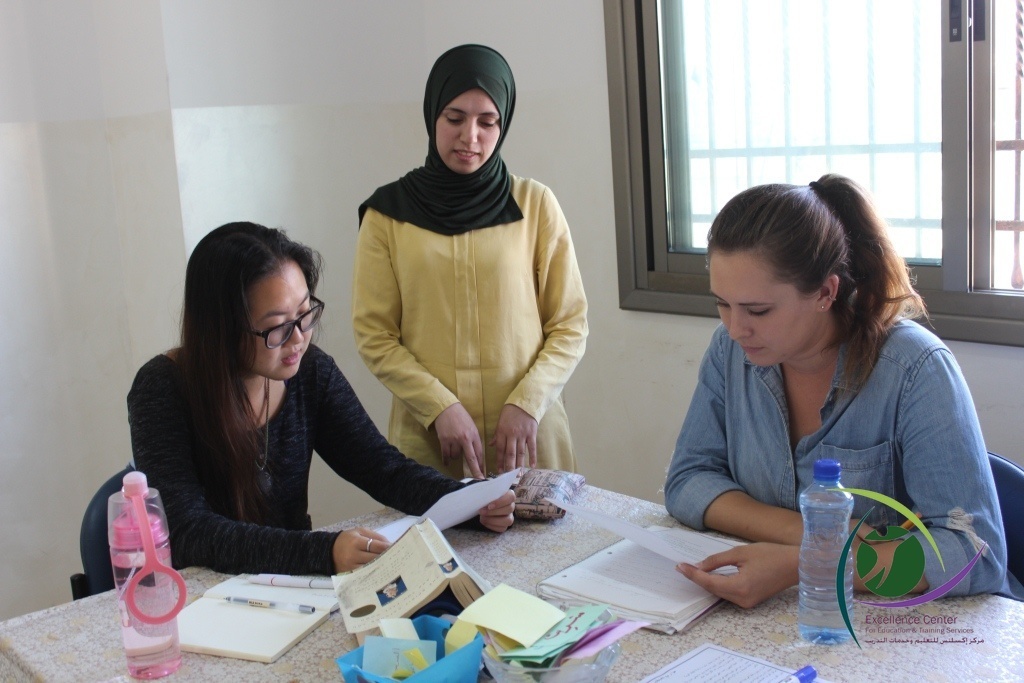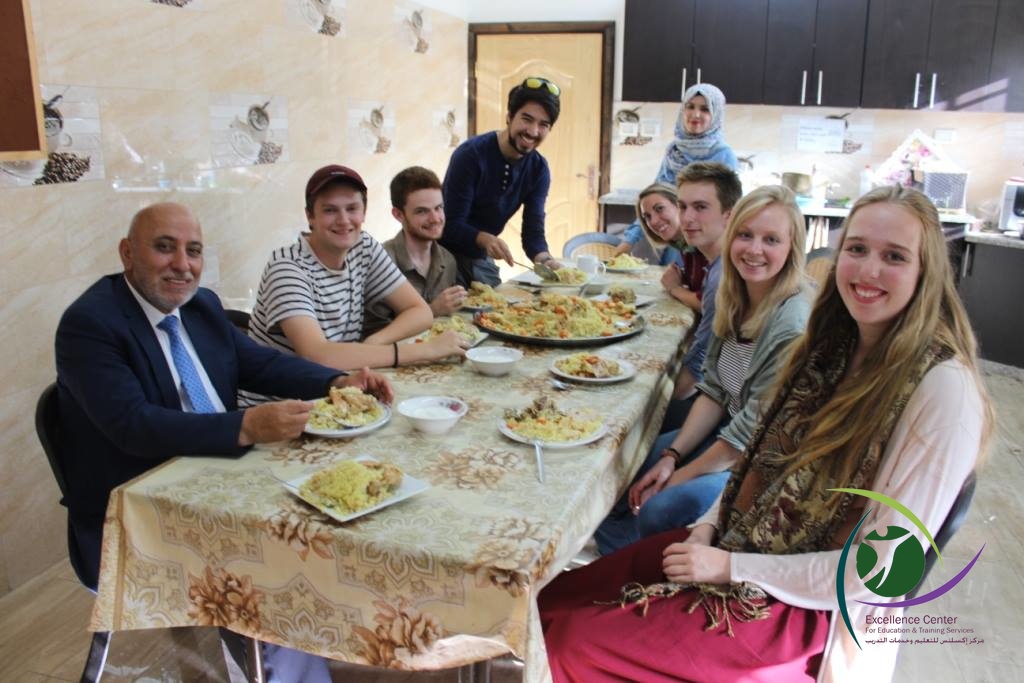Study Conversational Arabic in the Middle East: The prospect of learning Arabic language in the Middle East – the cradle of civilisation – amongst the numerous native Arabic speakers can be an enticing prospect. 246 million people live there, nearly as many as the population of the United States, with a rich history and culture to underpin the various dialects of Arabic language which they speak.
What type of Arabic is best for you?
First of all it is important to consider what type of Arabic is best for you. The broadest distinction is between fussha (Modern Standard Arabic), which is the more formal Arabic used in newspapers and on the television, and Ammiya (Colloquial Arabic), which refers to the local regional dialect. Choosing which type of Arabic is the best fit for you depends entirely on your goals and ambitions – if you want to go into journalism or wish to work in a professional capacity in the Middle East (which can be very lucrative!).
If however, you’re more interested in socialising with locals when you are in the Middle East or volunteering through the various programmes available in the Middle East, then learning the local conversational dialect might be the better choice for you. This of course means, to some extent limiting yourself to one region, but as the differences between dialects aren’t so big, you can always convert at a later stage without too much difficulty.
If you go with the dialect, which dialect?
The three main dialects in the Middle East are Mesopotamian, Shami or Ammiya (Colloquial Arabic) and Khaliji. Mesopotamian refers to the historical region of Mesopotamia – Iraq and the North East of the region. Shami refers to the Levantine region, consisting of Lebanon, Syria, Jordan and Palestine, while Khaliji is the most popular dialect spoken in the Gulf States. These are certainly not the only dialects in the Middle East, but they are the most popular.
Each has its own utility – Shami Arabic is useful because most of the volunteer programmes in the region are based in the Levantine and many of the refugees you may encounter in Western countries are likely to be from the Levant as well. Additionally, Shami Arabic is the most recognisable of all the dialects, so Shami Arabic speakers are generally understood from Morocco to Oman, even if the reverse is not always necessarily true.
There are other dialects in North Africa, although these (with the possible exception of Egyptian) tend to be quite different to the Middle Eastern dialects.
Studying Conversational Arabic in Palestine
The Excellence Center in Hebron, Palestine provides flexible, intensive and non intensive conversational Arabic language courses for one week up to three months in duration. These courses can be in Modern Standard (i.e. fussha) or in Levantine dialect (Colloquial Arabic), depending on your preference.
Given the opportunity to take up to five hours of Arabic language class per day and then reinforce your Arabic language skills through being fully immersed in the environment of native speakers, your Arabic level will rise very quickly during your time here in the main heart of the Middle East
Mixture of dialect and Modern Standard Arabic
Equally the Arabic language courses can be provided in a mixture of dialect and Modern Standard Arabic as we often find university students need the latter for their course but want the former so that they can communicate with the locals.
Most locals speak (Colloquial Arabic) dialect, but as Modern Standard Arabic is taught in school, it’s not uncommon to find locals using it as well, so it is definitely well worth the time to learn both if you are able.
Palestine is a fascinating place to learn conversational Arabic
Palestine is a fascinating place to take such a conversational Arabic programme – you will have a first-hand view of the ongoing situation with Israel, whilst learning about the history and culture of the country in the language of the locals.
You can make friends here and undertake activities like visiting local coffee shops to smoke argila or visit some of the other cities of the West Bank. Hebron is a large city with access to all the facilities necessary for daily life. The Excellence Center is located in the heart of the city on the busy Ein Sarah Street and accommodation in the city will be provided for you.
Connections with native Arabic speakers
One of the best benefits the programme provides is the opportunity to make connections with native Arabic speakers, who can continue your instruction in the language long after you have left the Middle East and returned home.
Students always find their time here very fulfilling, so much so that they often return for a second spell at a later date. The Excellence Center is highly reviewed by all former students, but if you have any questions at all contact us via the details below.
Reviews from former participants?
The Excellence Center’s in Palestine Study Conversational Arabic in the Middle East Programs in Hebron, West Bank, have more than:
- 332 reviews (93%) on gooverseas.com
- 50 reviews (96%) on goabroad.com
- Video testimonials from former students
When do the Study Conversational Arabic in take place?
You have several choices in the schedule of your coursework. One is the study of Arabic language in our Intensive Immersion Program which takes place on the 1st day of each month.
The second Arabic language program is offered year-round (Summer, Winter, Spring, and Fall) on an individual basis (Arabic Individual Courses in Palestine)
Additional information
Please click here (Frequently Asked Questions) to find more information regarding accommodation in Hebron, Palestine, visa to Palestine, and the application process, etc.
We look forward to welcoming to you to the Excellence Center at some point in the future! We hope you enjoyed Study Conversational Arabic in the Middle East article.
Find us online
Should you have any questions, please do not hesitate to contact at Rafat@excellencenter.org
Whatsapp:+972599479880
Excellence Center’s Facebook page: https://www.facebook.com/ExcellenceCenter
Excellence Center’s Facebook account: https://www.facebook.com/RafatECHebron
Tags: Colloquial Arabic course, Conversational Arabic Course
